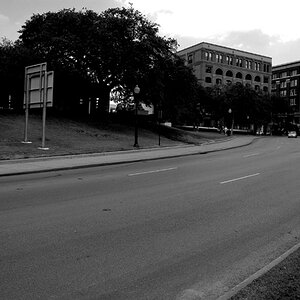New Hampshire
TPF Noob!
- Joined
- Jan 16, 2007
- Messages
- 250
- Reaction score
- 2
- Location
- Goffstown, NH
- Can others edit my Photos
- Photos OK to edit
Hey everyone,
I understand the need for using circular polarizers. But I am getting ready to start picking up other filters, and I am wondering what everyones opinions are one way or the other for the Coking system vs. Circular? Some of the filters I am looking at are:
Red, yellow and Blue for B+W work
Warm-up/ Enhancing
Graduated Neutral density
I know the cokin system allows flexibility in that the A size will fit all the current lens sizees I have (though getting 58's and an adapter for the smaller lenses would accomplish the same.)
Currently I am leaning towards the Cokin system since it seems a bit more economical, but I would still like some opinions on the matter.
Brian
I understand the need for using circular polarizers. But I am getting ready to start picking up other filters, and I am wondering what everyones opinions are one way or the other for the Coking system vs. Circular? Some of the filters I am looking at are:
Red, yellow and Blue for B+W work
Warm-up/ Enhancing
Graduated Neutral density
I know the cokin system allows flexibility in that the A size will fit all the current lens sizees I have (though getting 58's and an adapter for the smaller lenses would accomplish the same.)
Currently I am leaning towards the Cokin system since it seems a bit more economical, but I would still like some opinions on the matter.
Brian



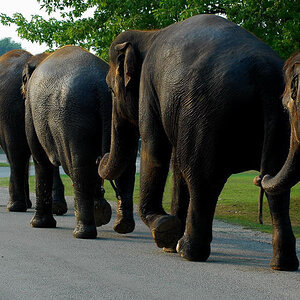

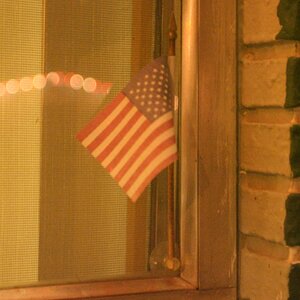
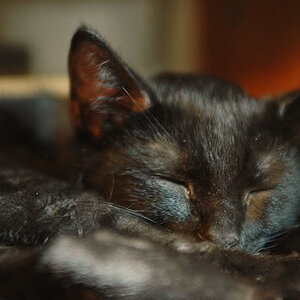
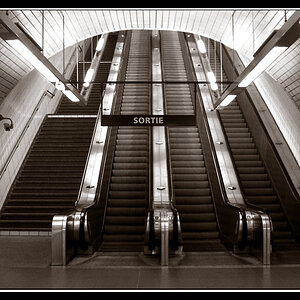
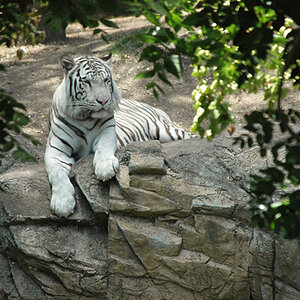

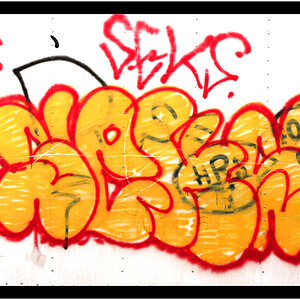
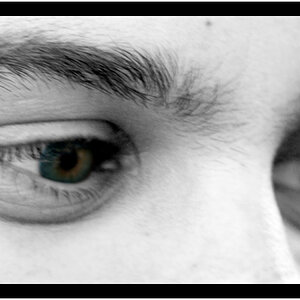
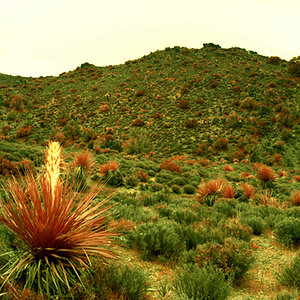
![[No title]](/data/xfmg/thumbnail/37/37493-07470d1244285a42bb716c7df65abfda.jpg?1619738112)
